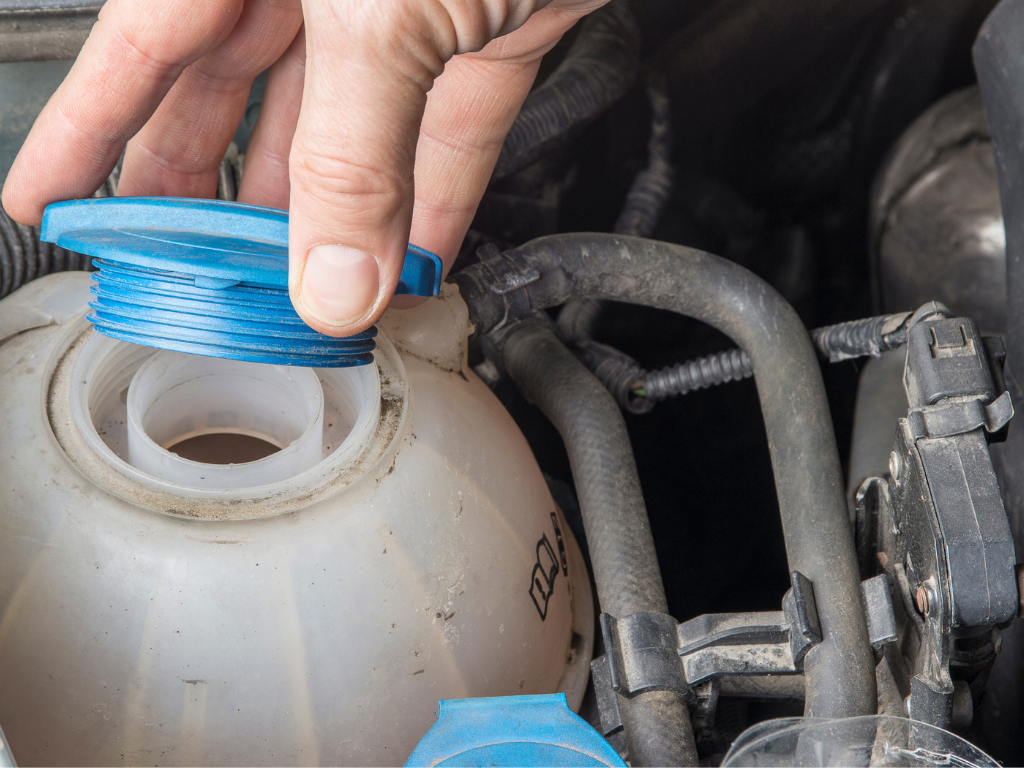You would never think of running five miles in 100-degree heat without taking a water bottle and extra precautions to fight the summer temps. Your fleet is no different!
From top to bottom, front to back, it needs extra care to beat the heat.
In order to prevent overheating, it’s essential that all fluids are topped off before you start off on these long driving days. Radiator, antifreeze, transmission, brakes, even windshield wiper fluid will need special attention in order to keep your fleet healthy in this heat. As you’re driving, keep an eye on the water temperature or coolant temperature gauge. If it goes above a safe temp, you’re at risk of engine failure and need to get off the road immediately.
Summer heat is brutal to the life of batteries. They run excessively to maintain HVAC systems and other hot weather accessories, causing an increase in corrosion. Unfortunately, this quick aging may not be noticed until the cooler months arrive and your fleet doesn’t start up. Steven Keuss of Associated Equipment Corp says that for every 10 degree increase in temperature, the battery’s life is reduced by 50%.
Tires are especially at risk in hot weather, as there is always a risk of a tire blowing up or even catching on fire. Switch out your winter tires and check summer ones closely and regularly, making sure that they maintain proper tread and wear evenly. The pressure in your tires will increase with the temperature, and it’s recommended that you check them every two hours or 100 miles to maintain safety on the road.
Manually check your engine belts by pressing on them to make sure they are tight. If not, the water pump and fan will not run properly and result in overheating. Visually check for signs of wear and replace at the first sign of aging.
If your engine does overheat, immediately pull over, set your vehicle or rig in neutral and set the brakes, but do NOT shut down your engine. Keep the engine revved to 1500 RPMs to allow the fan to cool your engine. This will take at least 15 minutes, so be patient! Never open the radiator cap or any other pressurized system, as steam can cause severe burns. Once your engine has cooled, head to the service station.
Extra time and care of your fleet now will help to limit these service stops and get you back on the road quickly. We at ABS Tag & Title wish you a safe and healthy summer!







